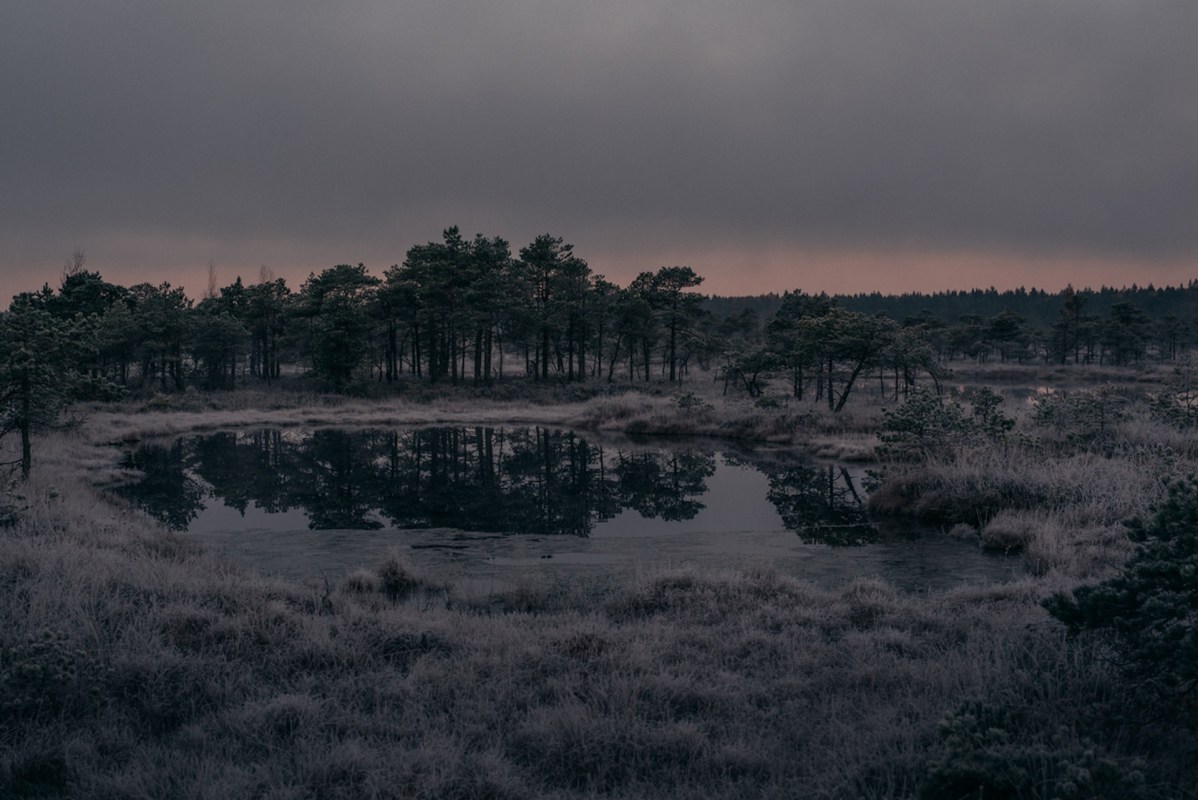Microplastics have been found virtually everywhere, from the ocean depths to remote regions near Antarctica and even in human placentas.
A team of ecologists, geographers, geologists, and engineers from Europe has now discovered the tiny plastic particles buried in the sediment of several isolated lakes in Latvia in northeastern Europe.
What happened?
As their study published in Science Advances detailed, the researchers drilled sediment core samples from the bottom of three lakes: Seksu, Pinku, and Usmas. Lake Pinku and Usmas are located in glacier depressions, while Seksu is part of the capital city's drinking water system.
Even though all three lakes are in remote or restricted areas, the team found microplastic particles at all of the sites and in samples taken at varying depths and sediment layer ages. At Lake Pinku, researchers discovered plastic particles within sediment that dated back to 1733, indicating the plastic had traveled deep into the lake bottom.
The group identified 14 different types of plastic particles in the samples, with the most prevalent being polyamide (found in nylon), polyethylene (used often in packaging), polyurethane (used in foams and coatings), and polyvinyl acetate (found in glues and latex paints).
Plastics have become ubiquitous in the environment, and some won't decompose for hundreds or possibly thousands of years. Because of this, many scientists consider plastics a marker of a new geologic era, known as the Anthropocene, which is characterized by humans becoming the dominant force of nature.
However, the researchers expressed caution because they discovered microplastics in sediment that predated the explosive production of plastic in the 1950s.
"We conclude that interpretation of microplastics distribution in the studied sediment profiles is ambiguous and does not strictly indicate the beginning of the Anthropocene Epoch," they wrote in the paper.
Why is this discovery concerning?
While we may not have officially entered a new geological period marked clearly by microplastics, these plastics still pose an enormous threat to wildlife, natural landscapes, and humans.
Both marine and land animals may mistake microplastics for food and become sick, injured, or even killed from ingesting the particles.
As Earth.org reported, about 100,000 marine animals and one million seabirds die annually from eating or getting entangled in plastic. However, animals suffer in other ways, even if they don't die from plastic.
"It can cause physical damage. Eating plastic fragments with sharp edges or points to it can tear tissue," Amy V. Uhrin, chief scientist for NOAA's Marine Debris Program, said in a research summary on microplastics in marine life in the Gulf of Mexico.
Plastics contain numerous toxic chemicals that can affect biological functions in fish and other marine animals. In addition, they can leach into soil and water, contaminating ecosystems and entering the water supply.
In humans, scientists have found they may be linked to neurodegenerative diseases such as Alzheimer's, DNA damage, impaired immune responses, and even certain cancers.
What's being done about microplastics?
The researchers said that further studies are necessary to determine the exact cause of the downward movement of microplastics in the lakes' sediment layers. Meanwhile, scientists have devised clever solutions to the massive plastic pollution problem, from plastic-eating bacteria to a plant-based water filter.
Several states and countries have banned or proposed banning single-use plastic bags, while some major grocery stores are piloting reusable containers for select food items.
Individually, we can all protect wildlife from the destructive impact of plastic by ditching items such as single-use water bottles, plastic grocery bags, and single-use coffee products.
Join our free newsletter for cool news and cool tips that make it easy to help yourself while helping the planet.








